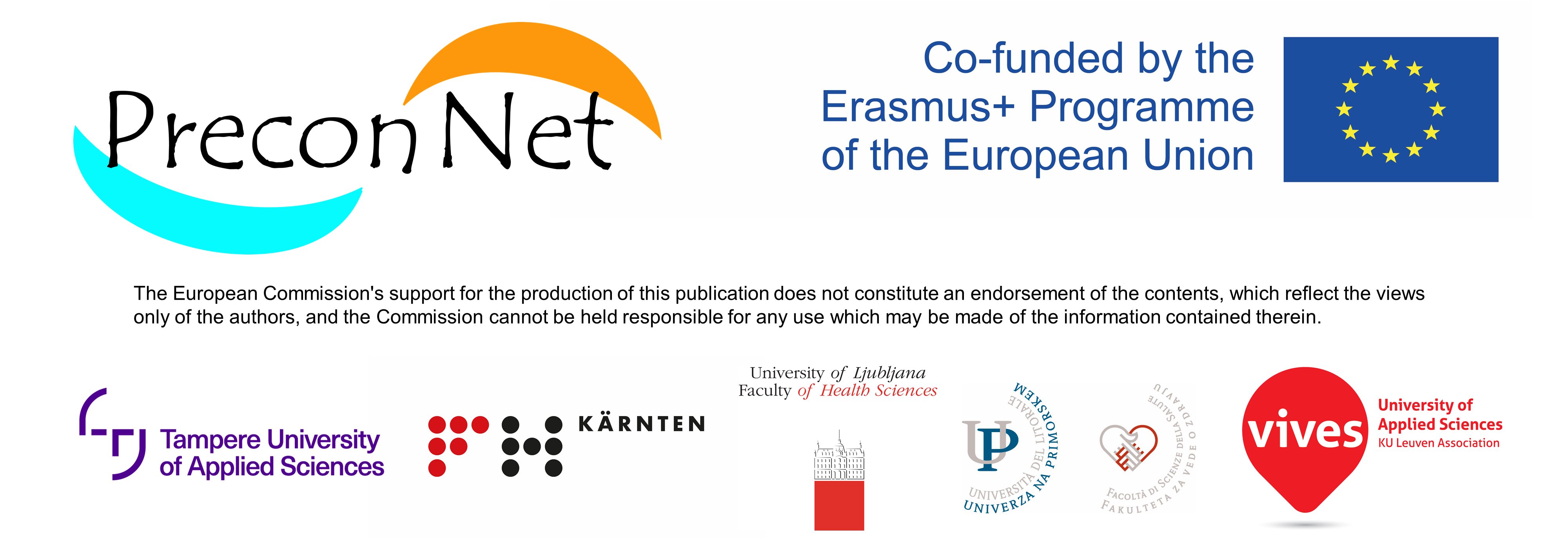Why are we in need of Preconception Health Care in Austria?
Like everywhere else in Europe also in Austria childbearing is postponed to aged parents. 10 years ago, women were aged 28 years when giving birth to their first child. Nowadays the age when giving birth to the first child has risen to 29.5 years. Natural fertility cannot follow this trend and fertility decline cannot be revised. The lack of fertility awareness among women and men what negatively affects fertility is not conducive to the problematic issue.
There is no tailored information about preconception health care providing the population with evidence based guidelines what they can do to sustain good fertility. According to Kerschner and colleagues (2015) only 10.8% of the health information published in Austrian print and e – media contains evidence-based information. Many people use this media for gathering their health information. Also health professionals are an important source for people gathering information about health issues. The crux of the matter is that preconception health care is not topic in the education of Austrian health professionals. So it is another crucial demand bringing preconception health in the minds of health professionals to enable them giving appropriate consultation to their clients concerning those issues.
The model of Preconception Health Care covers a wide range of different aspects influencing natural fertility. Examining Austrian health statistics there are some eye-catching hotspots. Taking into account all other European OECD countries Austria is in leading position of daily smokers aged 15+. Also alcohol is a big issue with 10% of the male population drinking daily and ¼ of the male and female population exceeding the critical amount of 60g or 40g alcohol at least once a month. Another worrying theme is the partially low willingness to vaccinate which currently can be seen on the high incidents of measles in Austria 2019. Until May, there were 95 reported cases and the coverage for the second dose of measles vaccination stands at 70%. The final mark can only be that there is a need for the dissemination of preconception health care in Austria to enable the population to make healthy fertility choices.
Melanie Brodinger, BSc MA, Research Assistant
Carinthia University of Applied Sciences, Austria

 Next Post
Next Post



